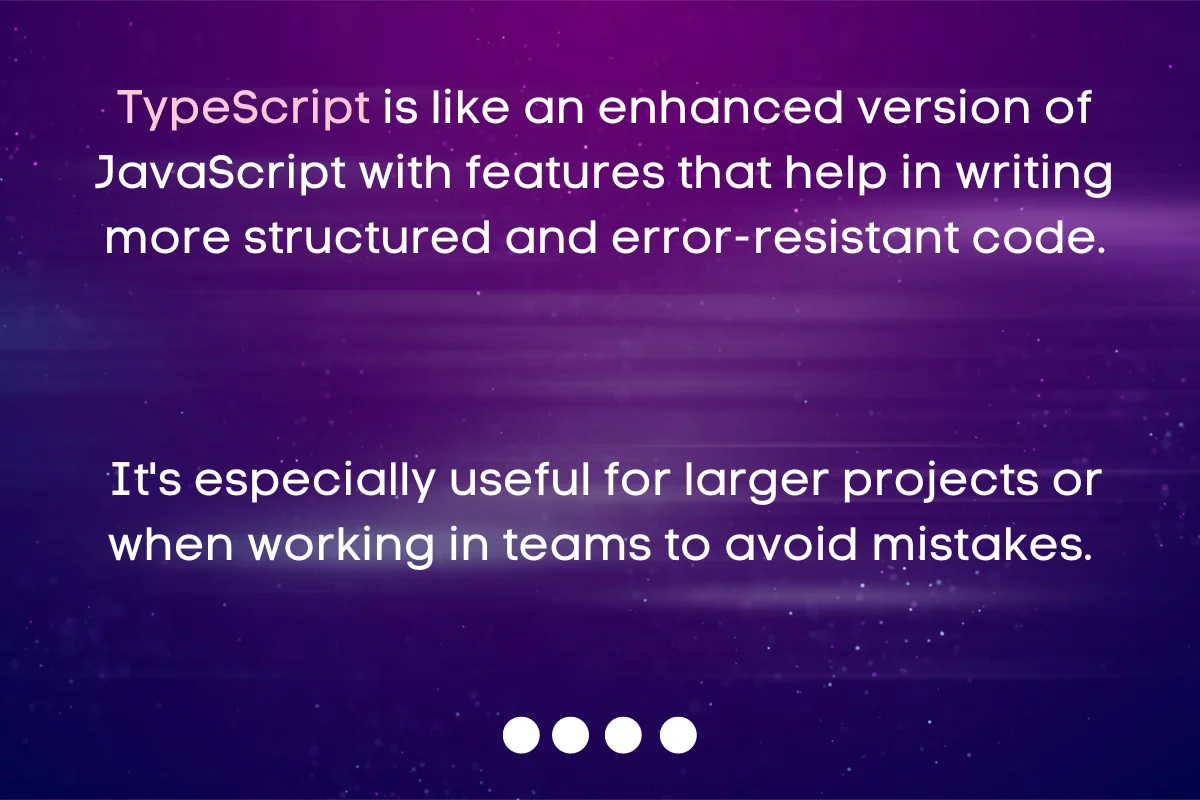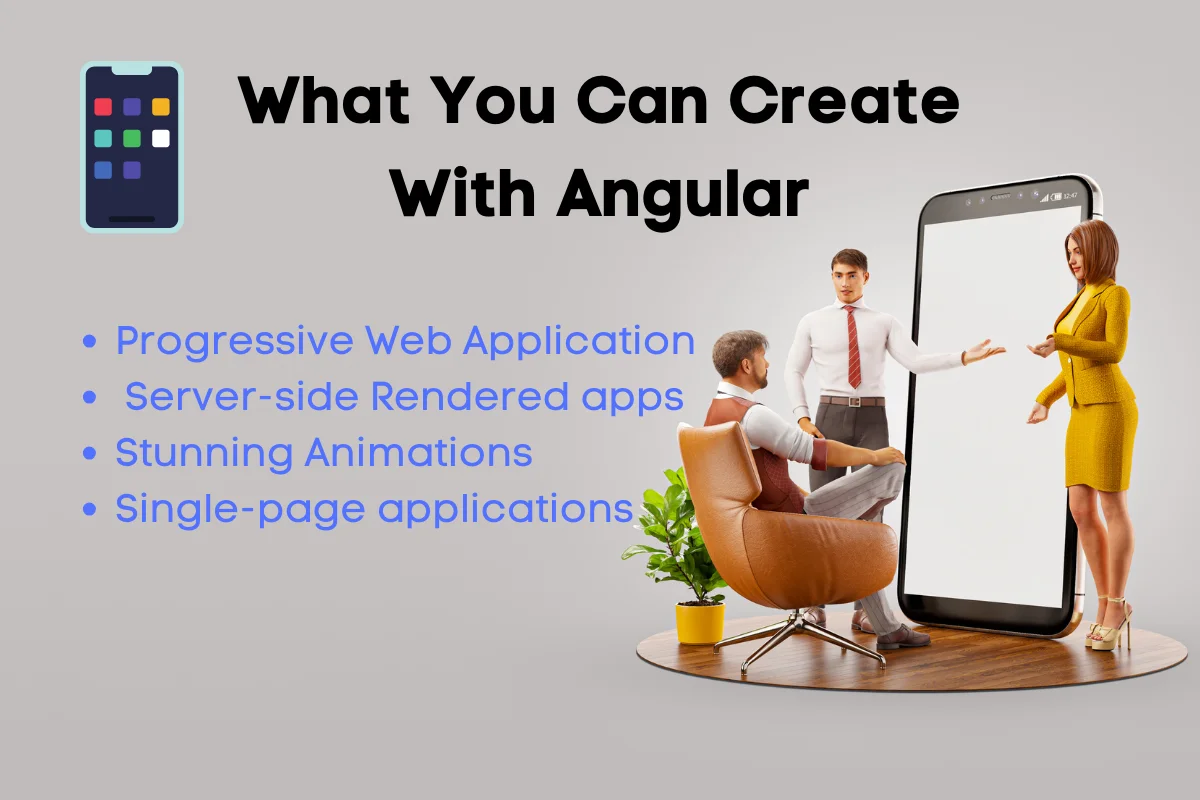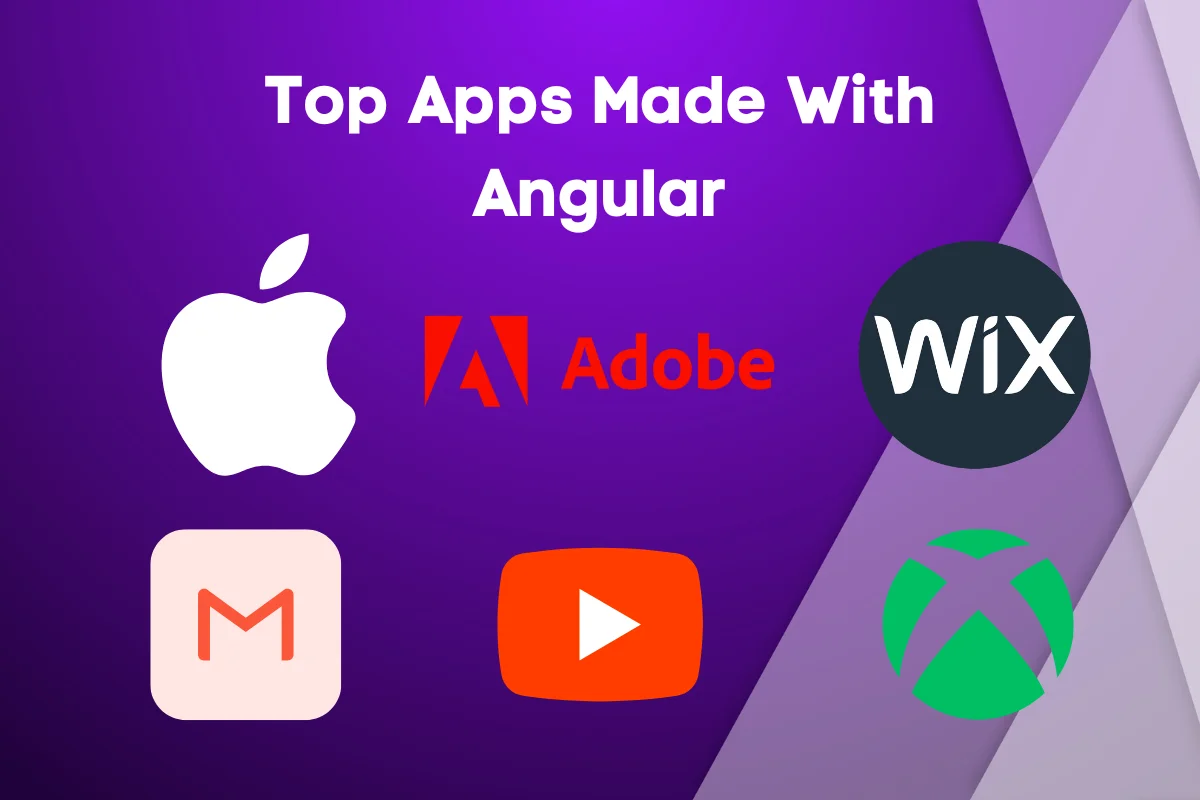In-App Purchases vs Ads: Which Strategy is Best?
You’ve created your app, and people are starting to download,...
We use cookies for our website to give you the most relevant experience by remembering your preferences. By clicking “accept”, you consent to use of ALL the cookies
This website uses cookies to improve your experience while you navigate through the website. Out of these, the cookies that are categorized as necessary are stored on your browser as they are essential for the working of basic functionalities of the website. We also use third-party cookies that help us analyze and understand how you use this website. These cookies will be stored in your browser only with your consent. You also have the option to opt-out of these cookies. But opting out of some of these cookies may affect your browsing experience.
Necessary cookies are absolutely essential for the website to function properly. These cookies ensure basic functionalities and security features of the website, anonymously.
| Cookie | Duration | Description |
|---|---|---|
| cookielawinfo-checkbox-functional | 11 months | This cookie is set by GDPR Cookie Consent plugin. The cookie is used to store the user consent for the cookies in the category “Analytics”. |
| cookielawinfo-checkbox-functional | 11 months | The cookie is set by GDPR cookie consent to record the user consent for the cookies in the category “Functional”. |
| cookielawinfo-checkbox-necessary | 11 months | This cookie is set by GDPR Cookie Consent plugin. The cookies is used to store the user consent for the cookies in the category “Necessary”. |
| cookielawinfo-checkbox-others | 11 months | This cookie is set by GDPR Cookie Consent plugin. The cookie is used to store the user consent for the cookies in the category “Other. |
| cookielawinfo-checkbox-performance | 11 months | This cookie is set by GDPR Cookie Consent plugin. The cookie is used to store the user consent for the cookies in the category “Performance”. |
| viewed_cookie_policy | 11 months | The cookie is set by the GDPR Cookie Consent plugin and is used to store whether or not user has consented to the use of cookies. It does not store any personal data. |
Functional cookies help to perform certain functionalities like sharing the content of the website on social media platforms, collect feedbacks, and other third-party features.
Performance cookies are used to understand and analyze the key performance indexes of the website which helps in delivering a better user experience for the visitors.
Analytical cookies are used to understand how visitors interact with the website. These cookies help provide information on metrics the number of visitors, bounce rate, traffic source, etc.
Advertisement cookies are used to provide visitors with relevant ads and marketing campaigns. These cookies track visitors across websites and collect information to provide customized ads.
Other uncategorized cookies are those that are being analyzed and have not been classified into a category as yet.
Cyberia Tech, Inc. respects your privacy. This Privacy Policy explains how we collect, use, and share your information. By using our services, you agree to this policy. If any other agreements conflict with this Privacy Policy, the terms of those agreements prevail.
Cyberia Tech complies with the EU-US and Swiss-US Privacy Shield Frameworks for handling personal data from the EEA, UK, and Switzerland. In case of any conflict, the Privacy Shield Principles prevail. Learn more at Privacy Shield. Key Definitions
Information linked to an individual, transferred from the EEA, UK, or Switzerland to the U.S.
Data revealing race, religion, health, sexual orientation, and similar categories.
Effective Date: [ 2025 / 08 / 30 ]
Welcome to The Cyberia Tech ! By accessing or using our website or services, you agree to
comply with and be bound by these Terms of Use and our Privacy Policy. If you do not agree with
these terms, please do not use our Services.
Loading
0 %

In this article, we’re going to see if using Angular for mobile can be a good practice. Several frameworks on the market can be used to make an efficient app, so choosing the right one can be a little complicated.
If you’re looking for information on how using this framework can speed up the development process, cut expenses, and help you create a high-geared app, you’ve come to the correct place.
It’s an open-source framework for JavaScript that is based on TypeScript. Angular makes it easy for developers to build and launch cross-platform applications that run smoothly on Android, iOS, or desktop. Because of its dynamic components, developers can easily design complex mobile apps with fewer lines of code.

Angular was originally a side project by a Google employee to facilitate the web development process. It was introduced as AngularJS in 2010. Interestingly, it was never meant for complex applications and websites.

After ups and downs, it’s become a well-known tool among developers, along with React and Vue. As it made app development more straightforward, it was adapted quickly at the time. Some big names, like Indiegogo and Colgate, have used it to create their websites and applications.
It’s possible to create progressive web applications with the Angular framework. These apps are useful for those who don’t need to put their applications on app stores for any reason. We’ll get deeper into this in the following sections.
As you may know, dozens of frameworks exist to develop an app for mobile. You may already know how to build a website using Angular, and you’re asking if this framework fits your requirements for mobile app development.
The first thing to know is that this JavaScript framework is not primarily designed to build native apps. (A native application is software specifically made to work on a particular device or platform.) For native applications, it’s usually recommended to use Kotlin (for Android), Swift (iOS), and other frameworks.
But if you need to develop a high-speed application that works smoothly on different platforms, mixing Angular with other technologies can come in handy (we will cover them later in the article).
Here, we list the features of Angular to help you with your decision.
The main advantages of this JavaScript framework are better scalability, great adaptability, and a faster development process. An application developed with this Google-backed framework won’t come up short in terms of performance and UX.
Additionally, we’ve listed the benefits of using Angular for mobile app development:
To wrap this part up, you can expect high performance from your application as the framework provides features like dependency injection and differential loading.
With the first, classes no longer rely on themselves, making it easier to manage and maintain code. With the latter, you’ll have a faster loading time that will please the user.
After reviewing the advantages, let’s explore the downsides of using this framework for your next project.
As mentioned earlier, the main purpose of Angular was to enhance web app development. With the help of Ionic or NativeScript frameworks, it’s possible to develop an app for a mobile phone.

As you can see in the image, you’ll have many options using this Google-backed technology. In the following, we’re going to discuss what kinds of apps you can create using this open-source framework.
PWAs are becoming popular because they offer a great user experience for people. Developers can benefit from this technology as they can adapt their applications to the screen size and enhance loading time.
Since this kind of application has the feel of native apps, many companies opt to build a PWA. App stores have their advantages, such as push notifications and APIs, but sometimes it’s wiser to run your app independently of app stores.
By using Angular to create progressive web applications, you’ll bring offline functionality and a mobile-friendly experience to your project.
Current applications are going towards the way that everything is done on the server. This can be seen in numerous cloud services on the market.
Using Angular, you can make SSR apps with high speed and performance. The loading time is notably reduced as the data is rendered on the server (and not on the user’s device).
Single-page applications, or SPAs, are Web apps shown to the user through a single HTML page. This makes them more responsive and more like desktop or native apps.
The Google-backed technology has features that let developers create lag-free and fast-loading applications. Providing an excellent user experience is a reason for the popularity of SPAs.
If you plan to create animations that attract users, you can use the framework. EdTech application is a good example among educational platforms. You can deploy appealing visuals to get new app users and have tonnes of downloads.
After exploring the benefits and disadvantages, here are the top mobile applications developed by Angular technology:

As you can see in the image, other giants like Apple, WIX, and Adobe have used this framework to develop their mobile apps or websites.
You can also check out madewithangular.com to find projects done using the web framework.
Is Flutter similar to Angular?
Both facilitate cross-platform mobile app development and have Google’s support. They both have strong capabilities. While Angular leverages TypeScript to bring web development to mobile through integrations with frameworks like Ionic, Flutter is used for native mobile apps built with Dart.
Yes, as mentioned in the article, because of its solid data-binding features and vast framework capabilities, it’s useful for creating dynamic and complicated user interfaces, particularly for web applications.
In fact, its broad capability can cause needless complexity and longer load times for simpler projects, let’s say landing pages. Simpler technologies may be more effective in these situations.
We learned that implementing Angular for mobile can be a good strategy for your mobile application development. Its ready-to-use components, active community, and testing capabilities make your development operation well-organised.
We explained how you can use this technology to create your desired mobile app. You can build various types of software, such as progressive web apps and single-page apps.
If you need to create a native app, you can use platforms like Kotlin and Swift. For an application that runs seamlessly on the web and mobile, you might consider using Angular.
You Can Get More Information!
